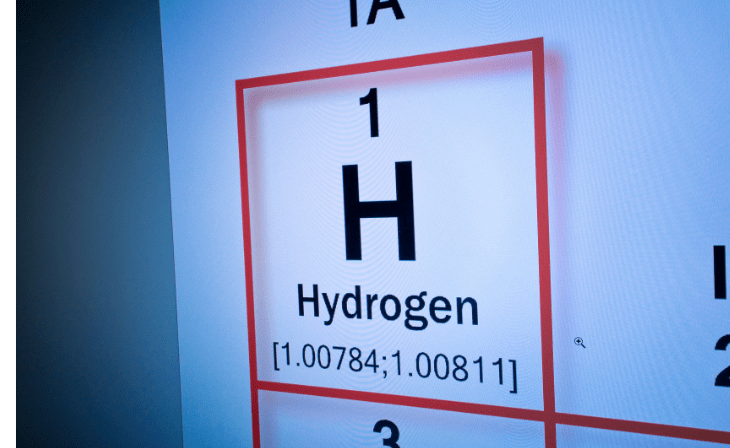The safe storage of hydrogen remains a significant technical and scientific challenge. A research team at the Chair of Chemistry of Plastics at Montanuniversität Leoben has developed an innovative method for the chemical storage of hydrogen, which could have future applications, particularly in mobility and decentralized hydrogen supply systems.
The Leoben scientists discovered that certain polymers can safely bind and release hydrogen through a chemical reaction, offering numerous advantages. The hydrogen is stably stored, and the material used for storage is entirely non-hazardous.
Challenges in Hydrogen Storage
Hydrogen is hailed as a clean and efficient energy carrier with immense application potential, ranging from fuel for vehicles and heating systems to large-scale energy storage. However, current hydrogen storage methods face challenges in terms of safety, cost, and practicality. The discovery at Montanuniversität Leoben provides a novel solution to these issues, paving the way for hydrogen to become a practical and widely adopted energy source.
Innovative Process with Reactive Polymers
The Leoben scientists Mohammadhossein Sharifian, Wolfgang Kern† (recently deceased), Gisbert Riess, and Nikolaos Kostoglou developed a groundbreaking process where hydrogen is “chemically” stored in reactive polymers, such as polyvinylnaphthalene.
“Specifically, it involves a catalytic hydrogenation and dehydrogenation reaction, enabling around five weight percent of hydrogen to be stored in polymers in a completely safe manner. Unlike conventional storage methods, this process offers significant benefits, including enhanced safety, cost-efficiency, and ease of handling, without requiring extremely low temperatures. Polymer-based hydrogen storage systems, therefore, differ substantially from traditional methods such as metal hydrides and liquid organic carriers,” explains Prof. Gisbert Riess.
Further Development and Future Research
With ongoing optimization and refinement, further improvements in storage capacity and efficiency are expected. Current research at the Chair of Chemistry of Plastics focuses on various vinylaromatic polymers that can absorb and release hydrogen under different temperatures and reaction conditions. This research represents an important step towards making hydrogen a more accessible and sustainable energy carrier.
The new research findings have been published in the International Journal of Hydrogen Energy.
[Source: Montanuniversität Leoben, October 2024]









